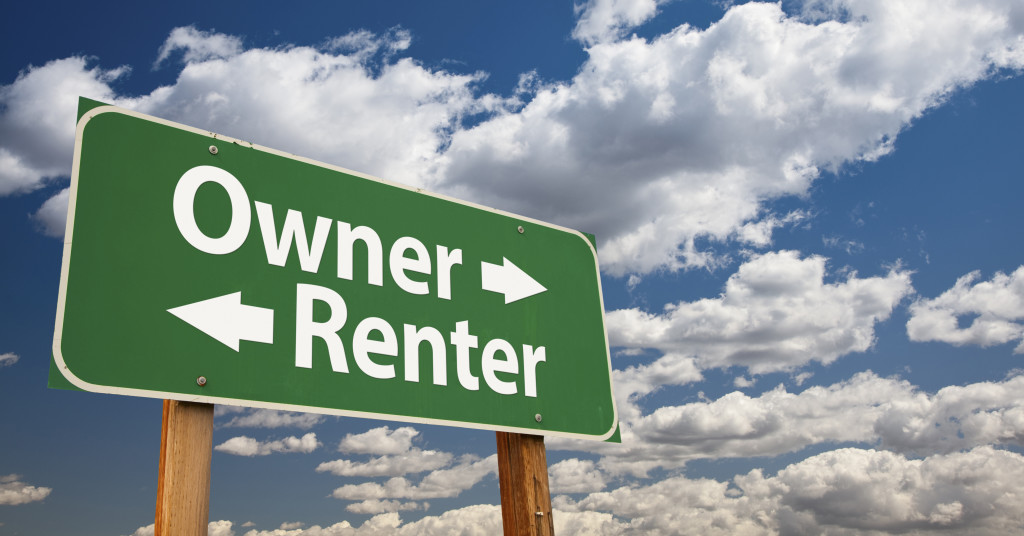Is it better to rent or own a home? Most Americans face this question at least once in their lives. There is no “one size fits all” answer. It depends on your personal and financial circumstances as well as the housing market in which you are looking. That said, most experts agree that if you plan to settle in one area for an extended period and have a steady income, ownership is the way to go. But proceed with caution. Buying a home is likely the biggest financial decision you will ever make, and millions were burned when the market crashed in 2008. If you can’t pass the checklist below, you’re probably better off renting for the time being. (Warning–some of the reasons involve math! But hold tight, we’ll help you through it.)
1) A price/income ratio no more than 4. If the price of your desired home is more than four times your annual household income, it traditionally means that it’s out of your price range. In fact, you will probably have hard time getting approved for a mortgage to buy it.
For example, if you and your partner make $50,000 a year in income, you should avoid buying a home that costs more than $200,000. If you can’t find a home that you like for this price, it’s probably a sign that you should continue renting until you can.
2) A monthly mortgage payment/monthly income of no more than 28 percent. Similarly, avoid spending more than 28 percent of your monthly household income on your mortgage payment. Check out a mortgage calculator, which also factors in interest, property tax, and insurance, to find out what your monthly payment will be.
For example, if you purchase a home and take out a $160,000, 30 year mortgage, at current interest rates and average property taxes you monthly payment will be $1,019. This means that your monthly household income should be at least $3,639 ($1,019 divided by 28%) in order to afford this home.
3) An upfront down payment of at least 20 percent. Make sure that you have 20 percent of the home price saved up to use as a down payment. While you still may be able to buy a home without putting 20 percent down, you will likely also have to purchase “mortgage insurance” which tells the bank you are a high risk borrower. This insurance can tack on thousands of dollars to your mortgage each year. Putting 20 percent down is also a good idea because it means that you will have a smaller mortgage and own more of your home from the start. If you can’t come up with 20 percent, it might be a sign that you should rent for a couple more years until you can.
4) How hot is the housing market in your area? Just because you’re ready to buy a home doesn’t mean that the housing market is ready for you to do so. Avoid buying a home in a hot market because the prices may have risen above the home’s actual value and be primed for a correction. A great way to tell if a home is priced above its value is by comparing its price to its yearly rental cost. If this ratio is around 20 or above, it may mean that the market is too hot and you’re better off renting until it cools. But if it’s around 10 or below, it traditionally means that now’s a safe time to buy.
For example, if a home price is $200,000, but its yearly rental price is only around $10,000, or $833 a month, the price/rent ratio equals 20 ($200,000 divided by $10,000), means that you should hold off on buying. But if the yearly rental price is as high as $20,000, or $1,667 a month, the price/rent ratio equals 10 ($200,000 divided by $20,000), this means that the home is attractive to buy.
5) A mortgage interest rate in line with historical trends. Often you will pay more in mortgage interest than you do for the home itself over the course of your mortgage. Therefore, securing even a one percentage point lower mortgage interest rate when you buy can save you big money.
For example, you can save $36,000 over the course of a 30 year, $160,000 mortgage by securing a 5 percent interest rate rather than a 6 percent one. Mortgage rates have fluctuated between 3.5 percent and 6.5 percent over the last decade. (Tip: Get quotes from several companies–it’s worth the time to find a great rate!) If you can’t lock in a rate in line with this historical trend, consider renting for a couple of years until you can.



